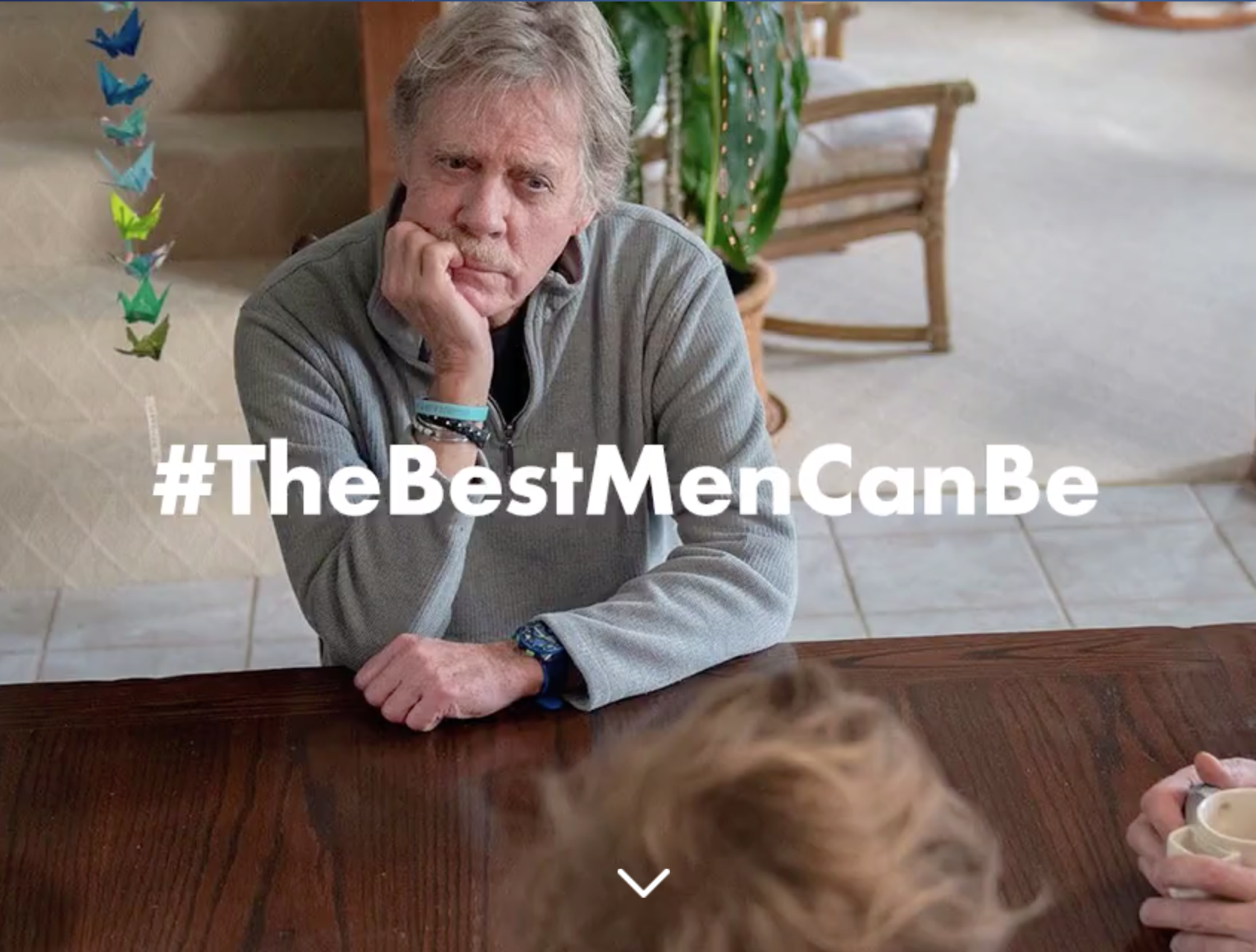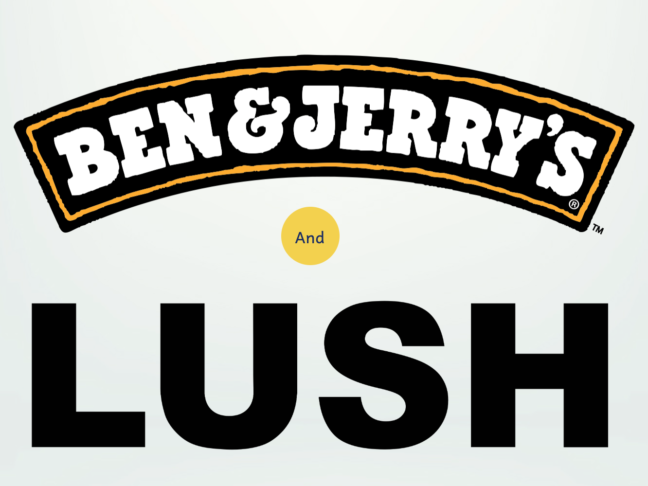Gillette’s Inclusive Masculinity

We wrote about the controversial Gillette campaign, “The Best a Man Can Be,” a few months back when it premiered. Despite the hoards of consumers taking to social media swearing they would never buy a Gillette product again, the company has stuck with the campaign.
In the past couple of weeks, two new Gillette ads surfaced that might explain why. Much like the first ad of the campaign, these ads attempt to broaden traditional notions of masculinity, reshaping and reimagining what the word means today.
A Man’s First Shave
In the first ad, which debuted on their Facebook page, Gillette looks beyond biological maleness and features a trans man’s first shave with his father.
Trans voices are so often left out of product advertisements, especially if the product is associated with gender. We don’t see bra commercials featuring trans bodies either. And yet these bodies exist! Gillette isn’t taking any political stance here, even though some angry commenters felt like the company was. Gillette’s inclusivity is only demonstrating an understanding that leaving out huge segments of the population alienates many in their consumer base.
Scrolling through the comments reveals hundreds of positive responses, including a heartfelt thank you from Samson, the young man featured in the video.

Capturing a defining moment in the life of a real person authenticates their message about a more inclusive masculinity.
“Real Men” Do All Sorts of Things
The second recently released ad marked an international expansion of this campaign. Gillette Spain released “It Takes a Real Man” or “Hay Que Ser Muy Hombre,” which features five of Spain’s male celebrities, including actors, athletes, and a drag queen.
The short ad shows cheeky moments from these celebrities challenging the viewer to consider whether they have what it takes to be a real man. But they don’t shotgun a beer, lift something heavy, throw a ball fast, or other “real man” stunts. Instead, we see synchronized swimmer Pau Ribes shaving his legs as he asks the viewer, “Are you man enough to swim upstream?” And, photographer/drag queen Rubén Errebeene asks, “Are you man enough to be a queen?”
According to Adweek, this campaign was inspired by a study conducted by Salvetti Llombart and sponsored by Gillette. The study showed that 75% of Spanish men don’t identify with traditional male stereotypes. It received a similar reaction as the first campaign did, with most social media backlash coming from angry men. The study suggests that, while maybe their voices are the loudest, they do not represent popular opinion.
Maybe that’s why Gillette has continued such a controversial campaign.
